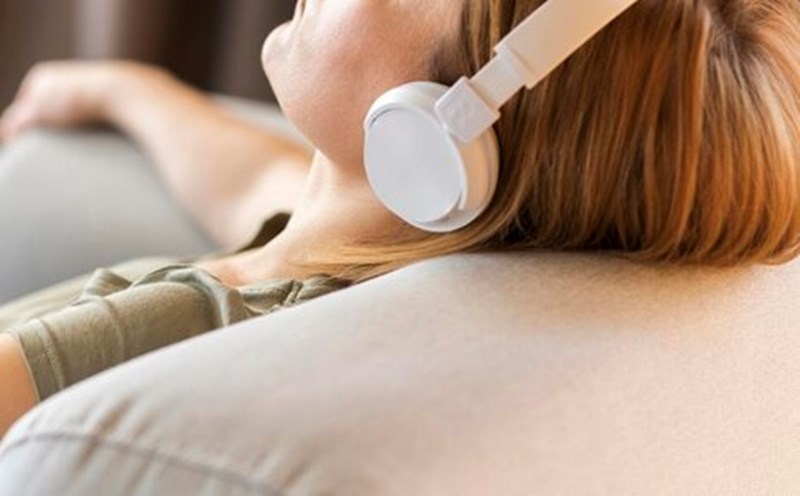Dr. CKI. Dinh Hoang Duc, Department of Neurology - Stroke, Gia An Hospital 115 - said the impact and way of using music to support mental and physical health. Modern scientific research shows that music is not just an entertainment art. In many patients, music helps reduce anxiety, improve mood and improve quality of life.
For example, cardiovascular patients who listen to music often have more stable blood pressure and feel less anxious. In people with depression, music therapy when combined with standard treatment helps to significantly reduce symptoms. A new synthesis analysis published in The Lancet EClinicalMedicine journal (June 2025), based on more than 3,200 survey participants, confirmed that music is effective in reducing anxiety in many different clinical settings.
When you listen to the right music, your brain releases dopamine, endorphins, oxytocin - the happy hormones that help you feel relaxed. Music can also slow down your heart rate, lower blood pressure, and reduce cortisol levels, a stress hormone.
In addition to the biological impact, music also helps to distract attention, making listeners less focused on pain or anxiety. Therefore, feeling comfortable when listening to music is the result of a combination of nerve, hormonal, psychological effects and personal experiences.
According to Dr. Duc, the treatment of neurological diseases requires multiple methods such as psychotherapy, medicine, transcranial magnetic stimulation... and music as one of the methods to support patients to improve their condition better.
In general, music does not replace medicine or psychotherapy, but is a "connector" to help patients cooperate better in treatment, with the advantages of safety, easy access, and low cost.
Using music to support health requires personalization to each person and each disease, choosing the right genre and frequency, and rhythm, such as:
- People with insomnia: should listen to music slowly, without words, and at a moderate volume for 20 - 30 minutes before going to bed.
- People who are stressed, stressed: gentle classical music, meditation music or natural sound often bring good results.
- People with headaches due to stress: can belong to music with clear rhythms, helping to "adjust" the brain's circadian rhythm.
The important thing is to listen to your body's reaction. If the music ison-chilling and uncomfortable, stop.
The healing effect does not only come from listening to passive music. Singing will help regulate your breathing, increase oxygen and relax emotions. Meanwhile, playing musical instruments trains coordination of movement and cognition, which is beneficial for nerve recovery after stroke or mental decline. Participating in the music community brings a sense of social connection, reducing loneliness, a risk factor for depression and cognitive decline.








